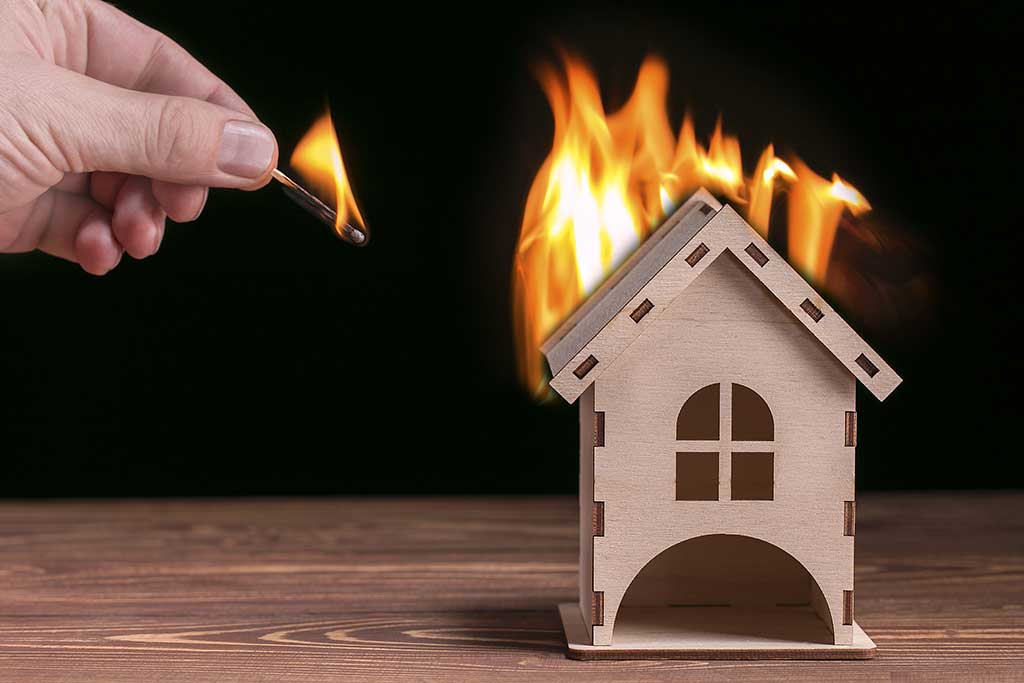Did you know that the probability of older adults surviving in a fire is two times lower than that of other demographics? According to statistics, the older population in America made up 40% of fire-related fatalities in the country. Diminished mobility, muted cognitive feedback, hearing or sight loss, or an accumulation of these medical conditions can delay your loved ones’ response time to fire emergency situations. This is why home fire safety prevention is so important in the homes of our loved ones. Here’s what you and your loved ones can do to protect yourself from the dangers of home fires.
Smoke Outside or Quit Smoking
You will be shocked to find out that smoking is actually the top cause of house fires. You should never ever smoke in your bed, or smoke where there is an oxygen tank in your vicinity. Before you throw your cigarette away, use water, sand, or dirt to completely eliminate any flaming embers.
Cook with Caution
Careless cooking habits are another common cause of house fires. Typically, fires can start when a pan of food or oil ignites. If this happens, quickly use a lid to cover the flaming pan. A common mistake is to pour water on the fire. This would only aggravate the situation and may even cause an explosion. Remind your loved ones to pay close attention to safety when they are cooking. It is also wise to ensure that the stovetop is free of flammable items. Additionally, wear short, rolled-up, or fitted sleeves to reduce the risk of clothing catching fire when cooking.
Install Smoke Alarms and Fire Extinguishers
Smoke alarms are a necessity in every home and every room. Having a smoke alarm can increase the chance of surviving a home fire by two times! You should test the smoke alarms every month and ensure that they are functioning well – there should be a loud ringing sound, a strobe warning, or any other programmed warning signal, depending on the type of fire alarm. If poor vision, hearing, or immobility may hamper your loved ones’ reaction time, consider getting one that’s linked to a centralized monitoring system when activated. Furthermore, there should be at least one full and operational fire extinguisher near every fire hazard, for example, in the kitchen or near the chimney.
Viable Escape Plans
You and your loved ones should get out of the house if the flames become uncontrollable. Plan a fire escape route with your loved ones and ensure that they are familiar with it. First, you should make a list of emergency contacts for your loved one, such as the ambulance or fire department. Next, instruct your loved ones about the various exits from the home. If your loved ones struggle with mobility, it may be advisable to get a medical alert system so that a single button can immediately alert first responders.
For loved ones with Alzheimer’s or dementia, ensure that escape doors do not have a complicated lock system that could wind up trapping them in the burning house or room.
If possible, you should also teach your loved ones to extinguish fire on their clothing. According to the CDC and the National Fire Prevention Association, we should stop, drop down to the ground, and roll forward and backward on the flames until the fire is snuffed out. Alternatively, we can also use a blanket or towel to smother the fire.








